

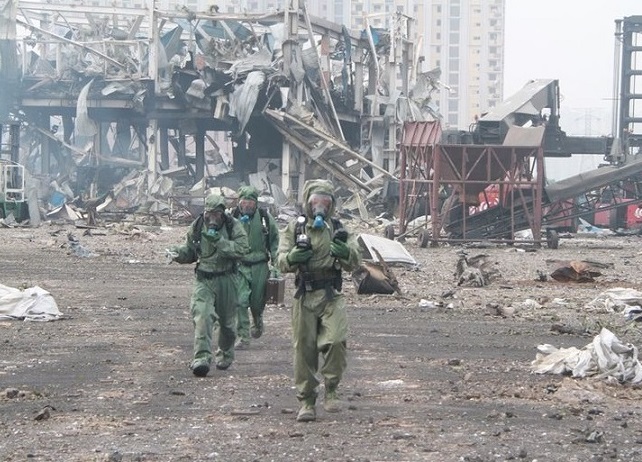
On Friday morning, officers and soldiers from the anti-chemical warfare corps of the Beijing Garrison Command were seen taking samples of the explosives at the Tianjin Blasts Site, according Military Online.
Clad in heavy protective uniforms, the military chemical specialists used professional equipment to work in the blasts areas still clouded in dense smoke. All the samples are being tested and analyzed.
Earlier, Xinhua reported that military specialists in nuclear and biochemical materials brought monitoring equipment to the site. Ji Shumin, deputy head of the National Nuclear, Biological and Chemical Emergency Rescue Team, said they had deployed four portable monitors that would send real time data from the core area of the blast.
An infrared remote sensing vehicle has also been deployed a little farther away, Ji said.
Wang Dongsheng, head of the institute of nuclear, biological and chemical protection under the People's Liberation Army (PLA) Beijing Military Area Command team, is also paying close attention to hazardous gases. He and the technical team are analyzing the air with cloud remote sensing and mobile monitoring appliances.
Wang said that from Thursday to Friday, hydrogen sulfide and ammonia levels had dropped significantly. As the area they are monitoring is at the center of the blast, it was safe, he assured.
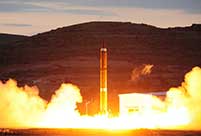 Striking moments when strategic missiles are launched
Striking moments when strategic missiles are launched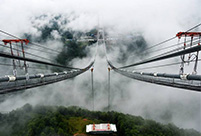 Construction on Asia’s biggest suspension bridge started
Construction on Asia’s biggest suspension bridge started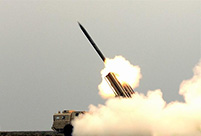 Impressive firing of China’s rocket artillery system
Impressive firing of China’s rocket artillery system Shocking scenes found in 4000-year-old earthquake relic
Shocking scenes found in 4000-year-old earthquake relic Female soldiers add color to military parades
Female soldiers add color to military parades Mums stage breastfeeding flash mob
Mums stage breastfeeding flash mob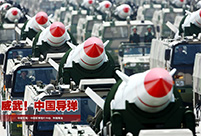 Awesome Chinese missiles
Awesome Chinese missiles Official shot having sex with two college girls
Official shot having sex with two college girls Moscow “spider-man” climbs Chinese skyscraper
Moscow “spider-man” climbs Chinese skyscraper After the blasts
After the blasts PC slump drags Lenovo down
PC slump drags Lenovo down Rein in carping queries in wake of blasts
Rein in carping queries in wake of blasts Police officers punished after prisoner sold drugs from behind bars
Police officers punished after prisoner sold drugs from behind barsDay|Week